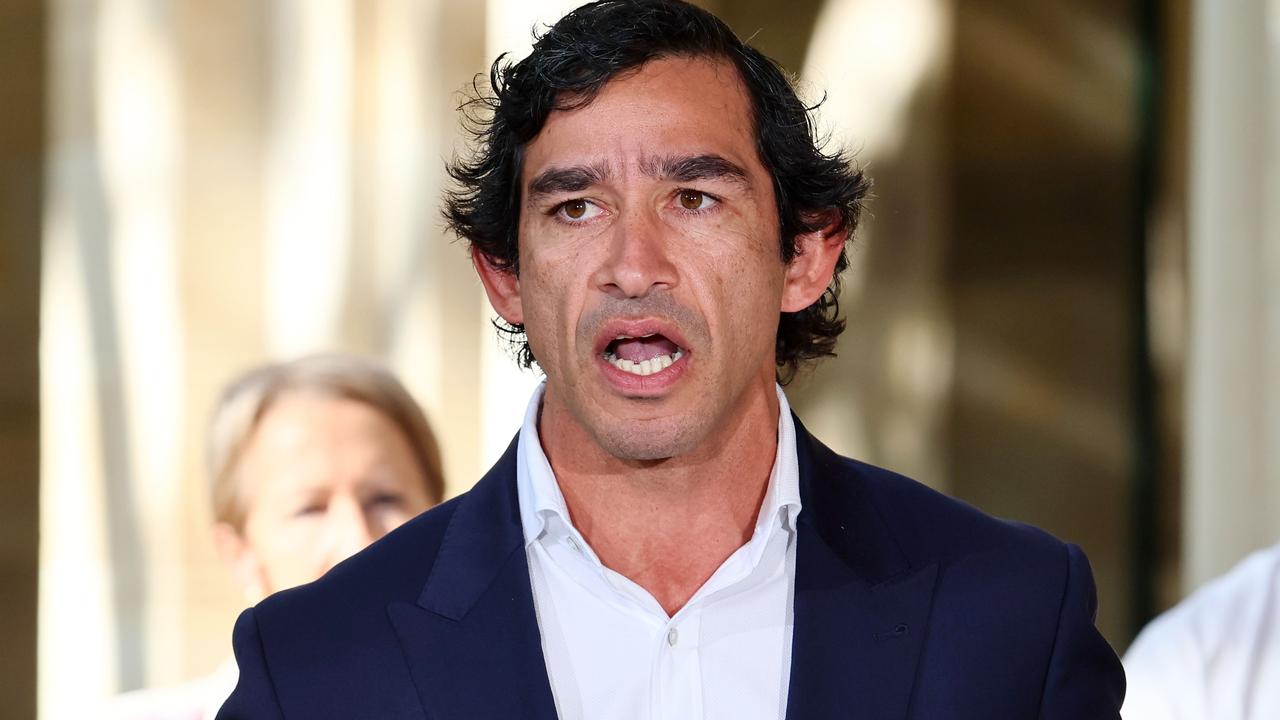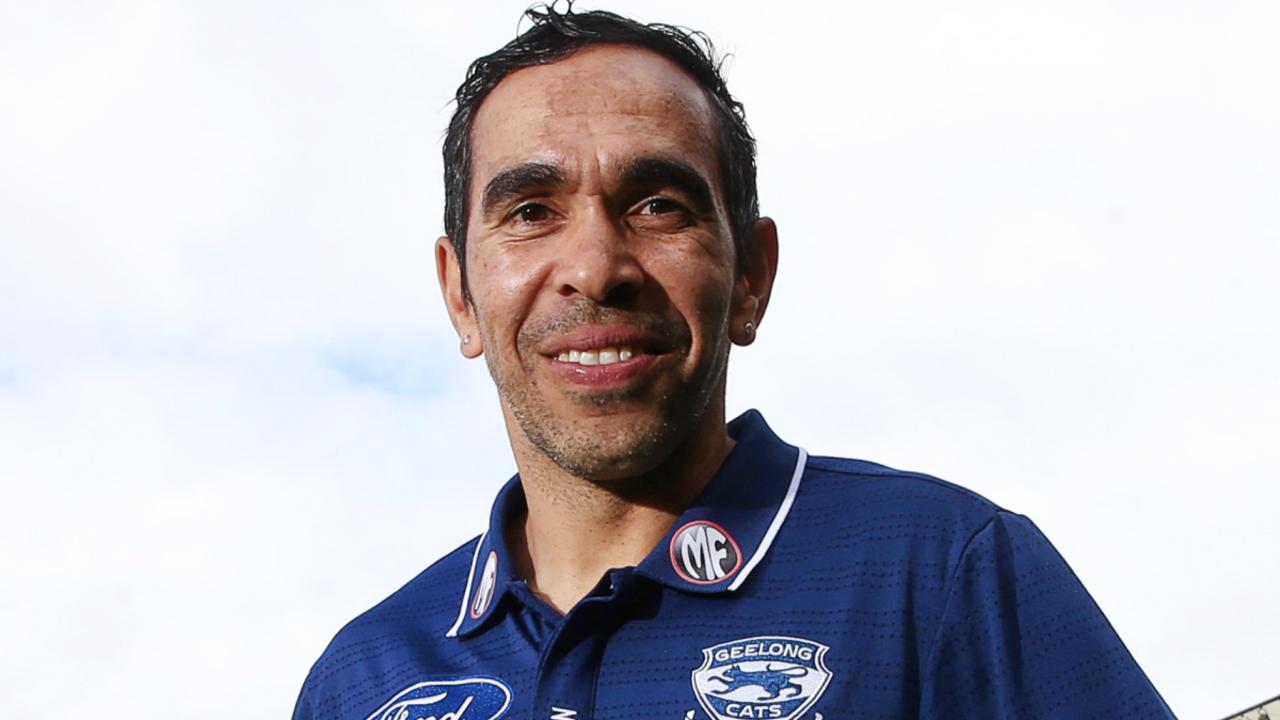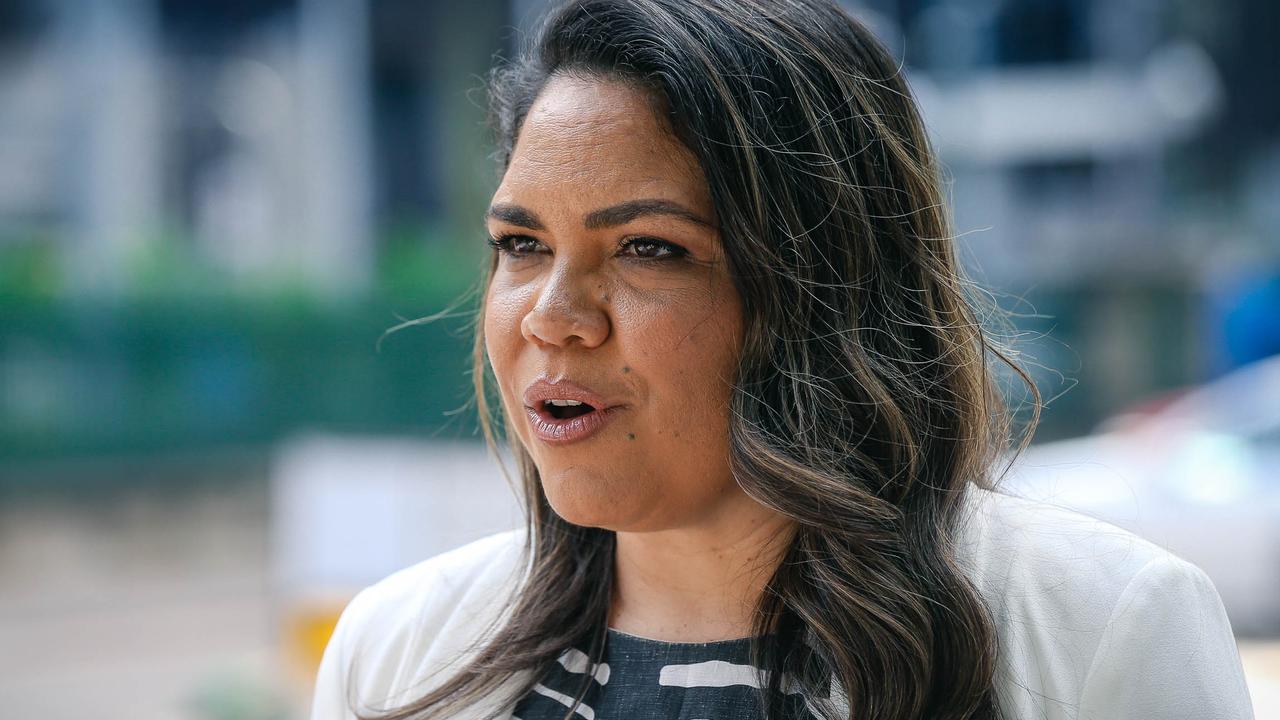Yes and No campaigns on voice to parliament reveal their pitches
The big arguments from both sides of the voice debate have been unveiled, with sport stars lining up in support of the Yes case.
The big pitches for both the Yes and No campaigns on the voice to parliament have been unveiled, with AFL and NRL stars endorsing a Yes vote and opponents arguing the proposal is “risky, unknown, divisive and opens the door to treaty and reparations”.
Both sides of the referendum divide have outlined their arguments in new campaign pamphlets, to be mailed to all households several weeks before the vote.
The Yes pamphlet includes eight reasons to support the voice, while the No one includes 10 reasons to vote against it.
But there’s still no word on when exactly that vote will be, with Prime Minister Anthony Albanese keeping the date under wraps.
According to the Yes pamphlet, the voice will be a committee of Aboriginal and Torres Strait Islander people who will give advice to the parliament and government on issues that affect their community.
It will include Indigenous Australians from every state and territory, the Torres Strait Islands and representatives from the regions and remote communities.
Members of the voice will be chosen by Aboriginal and Torres Strait Islander people in their local area and serve for a fixed period.
Johnathan Thurston, NRL champion and Gunggari man, endorses the Yes vote in the campaign material, arguing that it’s time to give the community a greater say in developing policy.
“Our young people deserve the chance to be their best,’’ he said.
“I work closely with schoolkids in the Yarrabah community in Queensland. I’ve seen the obstacles they face. Nobody understands that better than their local community.
“Giving them a say will mean more of our kids reach their potential. That’s what the Voice is about.”
Eddie Betts, Adelaide and Carlton AFL legend, Gubrun, Wirangu/Kokatha man said it would finally provide a seat at the table.
“I know the Voice won’t fix everything overnight but I feel like it’s the opening of a pathway to make sure we are included and respected in decision-making on issues that impact us,’’ he said.


But the No campaign will target wavering voters, arguing “if you don’t know, vote no” and warning that the result will not be determined by celebrities.
The “10 reasons to vote no” included in the material argue that the voice as proposed is legally risky and lacks detail.
“We don’t know how it will help disadvantaged communities and close the gap,’’ the No campaign states.
“This Voice will not unite us, it will divide us by race,’’ Senator Jacinta Nampijinpa Price, Shadow Minister for Indigenous Australians and Warlpiri woman said.
“This goes against a key principle of our democratic system, that all Australians are equal before the law.”
The No campaign will also argue that it “opens the door to activists” and reparations and compensation.
“This is a very important decision. Unfortunately, the legitimate questions and concerns of many Australians have been dismissed,” it says.
“Fortunately, this referendum won’t be decided by politicians, corporations or celebrities. It will be decided by every Australian. It affects every Australian. If you don’t know, vote no.”

The Yes campaign argues that the big challenges facing Aboriginal and Torres Strait Islander people include a life expectancy eight years shorter than non-Indigenous Australians, worse rates of disease and infant mortality and suicide.
While the Yes campaign will argue that the voice will help improve life expectancy, the No case will argue that it won’t make much of a difference.
“We all want to help Indigenous Australians in disadvantaged communities. However, this Voice is not the answer and presents a real risk to our system of government,’’ the No campaign says.
“This Voice specifically covers all areas of ‘Executive Government’. This means no issue is beyond its reach. The High Court would ultimately determine its powers, not the parliament.
“It risks legal challenges, delays and dysfunctional government.”
The No campaign will also focus on the “unknown” elements of the changes.
“No details have been provided on how members of the Voice would be chosen or how it would operate,’’ the material states.
“Australians are being asked to vote first before these details are worked out. Australians should have details before the vote, not after.
“We don’t know how it will work, we don’t know who will be on it, but we do know it will permanently divide us as Australians.
“Some Voice supporters say this would just be a first step to reparations and compensation and other radical changes. So, what will come next?”
The No campaign also argues the changes are “divisive” and risk opening up a legal “can of worms”.
“Enshrining a voice in the Constitution for only one group of Australians means permanently dividing our country,’’ the material states.
“It creates different classes of citizenship through an unknown body that has the full force of the Constitution behind it. Many Indigenous Australians do not support this.”
Prime Minister Anthony Albanese has conceded that the Yes campaign needs to be “stronger in putting the case” but maintains that the referendum will be won in the end.
More Coverage
But the date is still not set with, Mr Albanese ruling out announcing the date at the Garma festival.
“People will focus,” he said. “The Yes case is very strong, it’s clear.
“And when people focus on the words that are actually in the referendum change and what the question will be about, which is about recognition and about listening in order to get better outcomes for Indigenous Australians, I’m confident that a majority of Australians in a majority of states will vote yes.”





